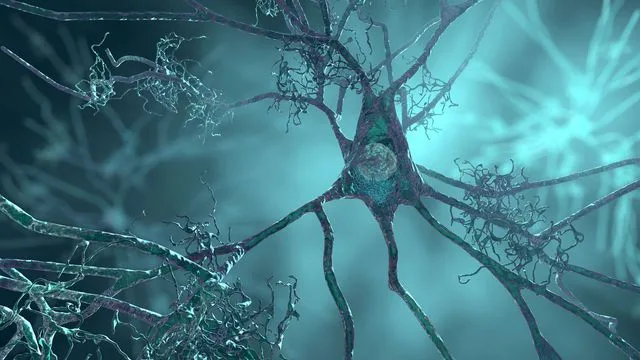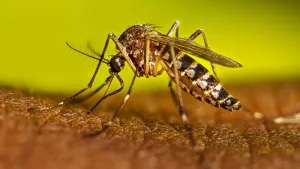Revolutionary Cell Therapy Shows Promise for Neurodegenerative Diseases
Exciting new research offers a potential breakthrough in treating neurodegenerative diseases like Tay-Sachs and Sandhoff. Scientists have developed a novel cell therapy that replaces malfunctioning microglia, the brain’s immune cells, leading to significant improvements in animal models.
Targeting Microglia: A New Approach
Microglia play a crucial role in maintaining brain health. In diseases like Tay-Sachs and Sandhoff, these cells malfunction, contributing to the accumulation of harmful substances and neuronal damage. This new therapy aims to correct this by replacing the defective microglia with healthy, functional ones.
Significant Improvements in Mice Models
The study, conducted on mice models of Tay-Sachs and Sandhoff diseases, demonstrated remarkable results. The cell therapy led to:
- Increased lifespan
- Improved motor function
- Reduced accumulation of toxic substances in the brain
- Overall better neurological health
How the Cell Therapy Works
The therapy involves transplanting healthy, lab-grown microglia into the brains of affected mice. These new microglia then take over the functions of the defective cells, clearing out the accumulated toxins and supporting neuronal health. This approach targets the root cause of the disease, offering a more effective treatment strategy.
Potential for Future Human Trials
While these results are promising, it’s important to note that this research is still in its early stages. Further studies are needed to determine the safety and efficacy of this cell therapy in humans. However, the initial findings offer hope for developing new treatments for these devastating neurodegenerative diseases.
Final Words
This innovative cell therapy represents a significant step forward in the fight against neurodegenerative diseases. By targeting and replacing malfunctioning microglia, this therapy offers a potential new avenue for treatment and improved outcomes for patients suffering from these conditions. The future looks promising as research continues to explore the possibilities of cell-based therapies.



+ There are no comments
Add yours